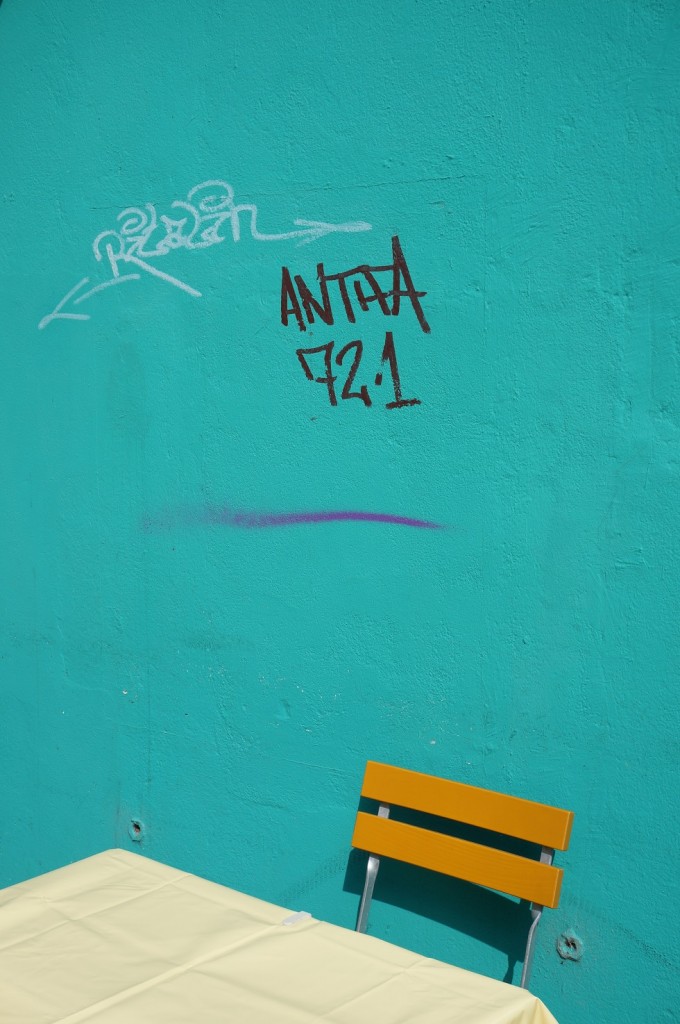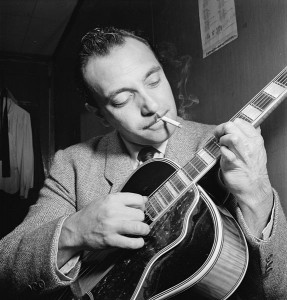Language, skin colour, religion, habits – only a few of the reasons for confrontation and aggression all over the world. Xenophobia and racism do not cease to form a part of many a person’s every-day life; agressees and aggressors. ‘Not even’ the social media are the proper platform to overcome. Nor is the continuous internationalisation they incorporate. Even on the contrary: egocentrism and protectionism appear to evolve in proper renaissance. No border can be crossed sufficiently often to overcome. Some may face the questions frequently, some may rest in that simple shadow of ignorance.
Countries, cultures, religions, politics, business, and sport – who can credibly claim to be exempt?! Approaches differ widely, no doubt. Backgrounds and history do, too. Self-perception is centred on the ‘self’. And we still talk of disappearing ‘borders’. Disappearances for an economic goal. Diappearances for a geopolitical interest. Disappearances for the self to shuffle ’round – with an aim or without.
Freedom is a grand and (too) popular word; by far not the solution to it all. And what do we? Proclaim a future based on only a tranch of it: its economic scope. Narrow it all down; all so difficult to understand. Just simplify. So much easier then.
“The struggle continues…” – true not only for Marley’s Babylon. Rather the grander prophecy. A common effort to invest; an effort to live that promised ‘change’. – And a culture to create it.

